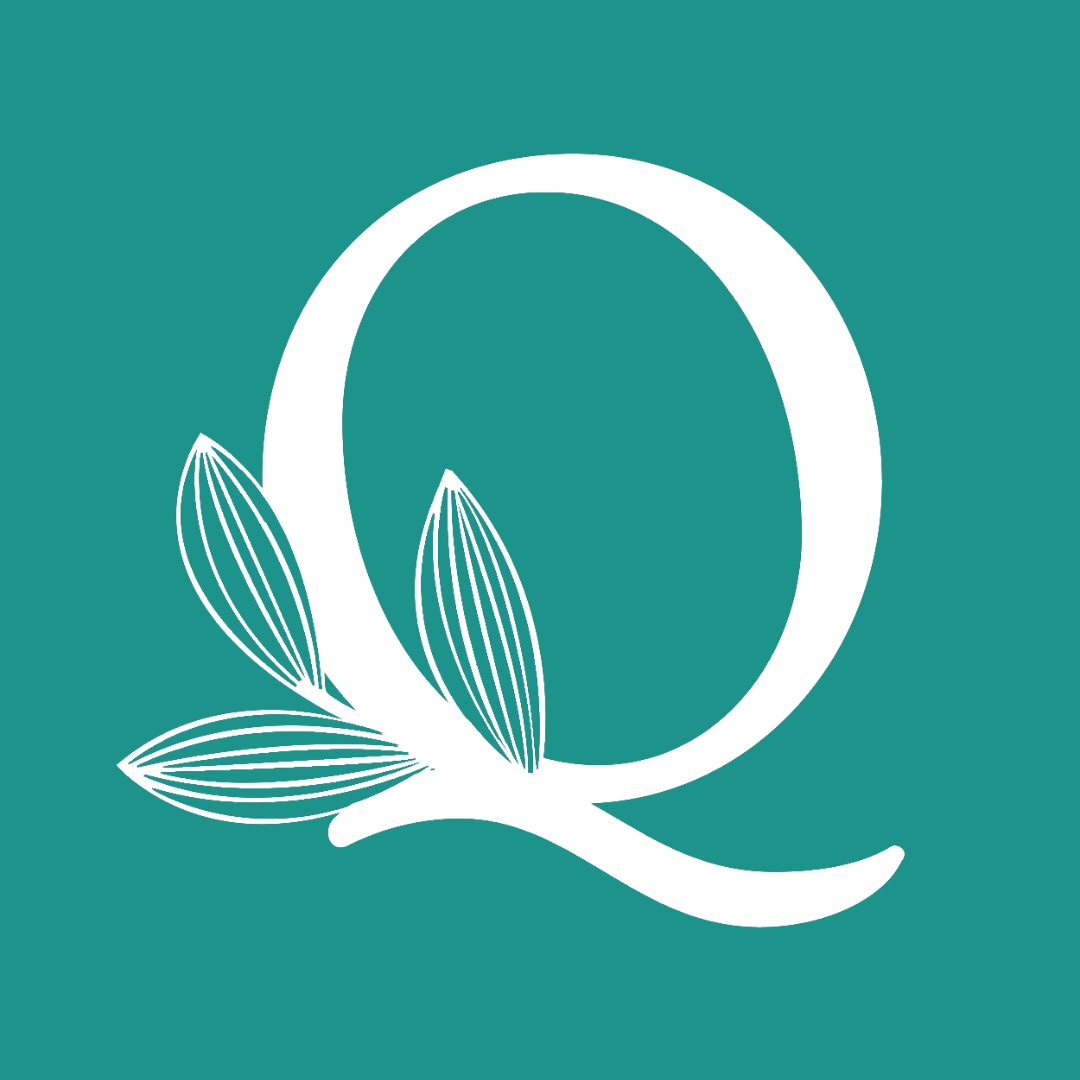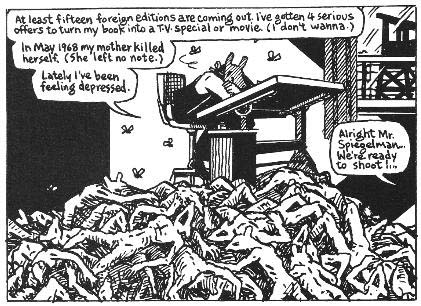If you’re asking why they voted to ban the book, I think it was because they and /or their constituents thought it was not “age appropriate”?I don't understand this sh!t! Some Republican please explain this crap to me
Had language and nudity and graphic descriptions that some people thought 8th graders should wait to read about when they’re 16-17.
I don’t live there, I’m not on the school board and I don’t know the full backstory so don’t attack me please.




